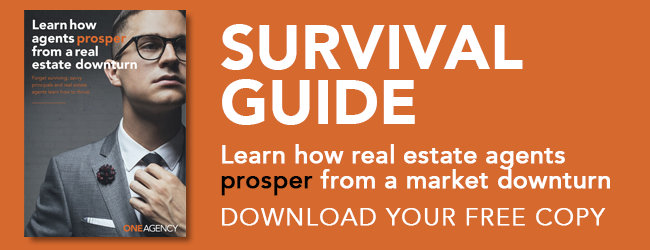“In a partnership, you share the workload, the risk and the profits.”
What does a business partnership mean?
A business partnership can mean running your business jointly with one other person, or as many as twenty. Laws differ in Australia and New Zealand depending on where you’re located. In Australia, for example, you need an ABN (Australian Business Number) and a tax file number, and be registered for GST if you turn over more than $75,000 annually.
How much money you each put in is up to you, and it doesn’t need to be split equally. Partners share profit or loss based on their agreed split. Unlike a company, however, a partnership is not a separate entity from you. This means you and your partner(s) are jointly liable for any debts.
What are the benefits of a partnership?
A partnership is cheaper (and easier to set up) than a company.
With a complementary partner whose skills dovetail well with yours, you are likely to enjoy greater business success than if you go it alone.
You’ll have greater borrowing capacity. This will give you increased flexibility in your business decisions, the scope to go bigger and, ideally, earn more than you would as a solo operator.
Limited external regulation. A partnership allows you more freedom and greater reach, but minus the regulation that a company faces. You might end up forming a company in the long term, but when you’re starting out, a partnership can be a great stepping stone.
You can share the workload. This is a big one, as you can cover for your partner and vice versa during holiday seasons and out of hours. You’ll have someone keeping the balls in the air if you come down with the flu or need to take time off for any other unexpected reason.
And the downsides?
Unlimited liability. If your business fails for any reason, you and your partner are personally liable. Your assets are not protected, as they would be under a company structure.
Less independence. While two heads are – mostly – better than one, when you work with a partner you’ll need to compromise on business decisions. This means you’ll need to find solutions when you can’t agree, rather than being in full control. Being clear about what you both want from the outset is essential.
Money issues. Whether or not the money is rolling in, you’ll need to agree on how to spend it and how much of a cut each of you receives. Questions such as whether you reinvest in the business or take profits for yourselves will come up again and again, as will the issue of profit shares.
Greater formality and risk. If you are going it alone, you don’t need to make a formal agreement with yourself about issues around risk and profit. If you are going into business with someone else, however, you’ll need to ensure everything is legal and set down on paper. In our observations, it’s good practice to have a pre-agreed basis on which you can buy one another out (and a pre-agreed basis on how to value your business). Remember, once you add a rent roll, the value of the business can be significant. So make sure you’ve dotted all the i’s and crossed the t’s.
How can I manage without a partner?
If you want to work as a sole operator but are worried about the workload, a virtual assistant can help you out, particularly if you find one you work well with.
You don’t need to do everything yourself. Unless you’re a real jack of all trades, you’ll find it more efficient to outsource functions such as book-keeping, accounting, IT and marketing. Once you’ve established your business, you can bring sales and administration people on board.
In short, there are benefits to both approaches. You’ll need to work out which one best suits your lifestyle and circumstances. If you do go into a partnership, be sure to proceed with caution, and get sound advice from your professional adviser, accountant, financial adviser and your solicitor. Find the right partner, though, and the prospects are good.
“It’s not what you make, it’s what you keep that counts.”
‒ Paul Davies, Founder and CEO









